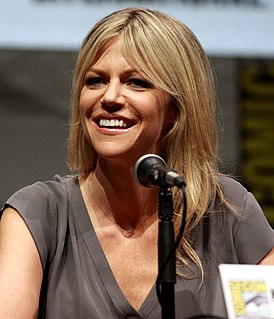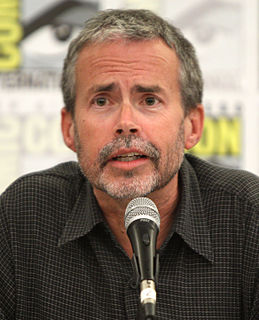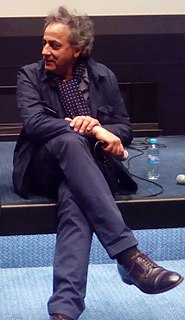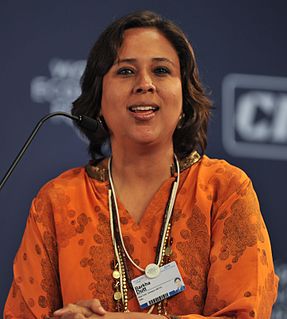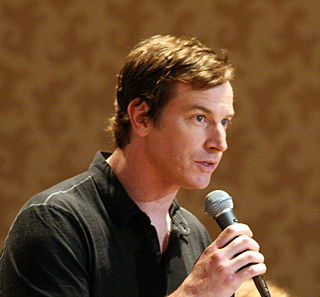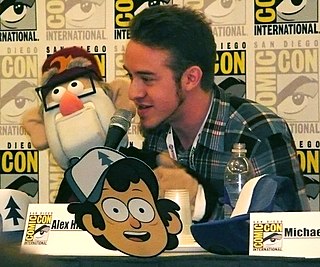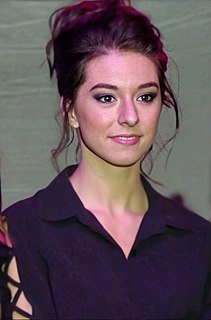A Quote by Michael Carbonaro
Alan Funt was the first hidden-camera magician. It was the playful nature of the way he worked that really inspired me. A lot of prank shows and hidden-camera shows can be a little mean-spirited. Funt was never like that.
Related Quotes
A lot of people have experimented with hidden cameras and magic before. What I do, which I think is different from any other style of prank or hidden camera, is that it's all fun. It's back to that kind of fun that 'Candid Camera' was. It's not mean-spirited at all. It's a joyful kind of play with people.
One of the first TV shows that I did was this prank show. And we did a prank where we took a Michael Jackson impersonator and I played his publisher.I was just really good at my job.We were just about to go onto the field to throw out the first pitch just two weeks after 9\11. It was a huge security breach, and we made a lot of cops look really dumb. Producers of the show thought it would be really funny and I didn't think about it because I was a young dumb comedian. So I got arrested and went to jail in the Bronx, and now I can never go back to Yankee Stadium.

